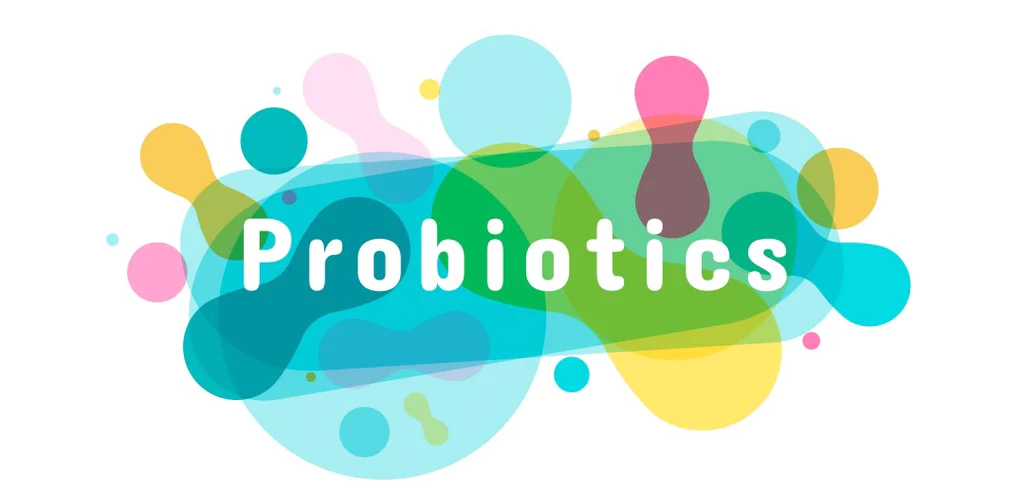Probiotics are live microorganisms that provide many health benefits when consumed in sufficient amounts. These organisms have traditionally been associated with digestive health, but research also suggests they may help reduce stress and cortisol levels.
Stress is the body’s natural reaction to difficult situations. However, too much stress can lead to chronic stress, which can be associated with several serious health problems, such as weakened immune systems, anxiety, and other mental illnesses. Cortisol, a hormone produced by the adrenal glands, is commonly called the “stress hormone” because it plays an important role in the body’s stress response.
How Can Probiotics Combat Stress?
Consuming probiotics can help increase the number of beneficial bacteria in the gut (commonly called gut flora). Studies show that a healthy gut microbiome can have a significant impact on mental health and stress levels. Additionally, some probiotics produce the neurotransmitter gamma-aminobutyric acid (GABA), which helps regulate stress.
A study conducted on college students found that probiotics may positively impact reducing psychological stress. Another study suggested that stress reduces the number of beneficial bacteria in the gut, and probiotics may reverse this effect.
Probiotics that may help reduce stress include Lactobacillus acidophilus, Bifidobacterium bifidum, Lactobacillus plantarum, and Bifidobacterium longum.
Benefits of Probiotics
1. Balance your gut bacteria:
Probiotics help improve the balance of good bacteria in the gut and play an important role in regulating the body’s response to stress. Studies have shown that a healthy gut microbiome is associated with lower stress levels and improved overall mood.
2. Modulation of neurotransmitters:
Probiotics have been found to influence the production and regulation of neurotransmitters such as serotonin, known as the “feel-good hormone”. Serotonin plays an important role in regulating mood, and imbalances in this neurotransmitter can lead to high levels of stress. Probiotics support the production of serotonin and other neurotransmitters, thereby reducing stress.
3. Lowers cortisol levels:
Chronic stress increases the production of the stress hormone cortisol, which can have a variety of negative effects on physical and mental health. Probiotics have been found to help regulate cortisol levels and reduce the negative effects of stress on the body.
4. Reduce inflammation:
Chronic stress is associated with increased inflammation in the body, which can negatively impact mental health and overall well-being. Probiotics have been found to have anti-inflammatory properties and may reduce inflammation caused by stress. By fighting inflammation, probiotics may indirectly help reduce the symptoms of stress.
5. Strengthening immunity:
Chronic stress weakens your immune system, making you more susceptible to illness and infection. Probiotics play an important role in supporting immune function by improving intestinal barrier function and stimulating the production of immune cells. By strengthening your immune system, probiotics can help reduce the effects of stress on your overall health.
The impact of probiotics on stress varies and is largely based on the overall health status, age, and lifestyle of an individual. It is important to note that while probiotics may help reduce stress, they should not be viewed as a substitute for professional help or advice in managing stress. It is always recommended to consult a doctor for individualized advice and treatment.


